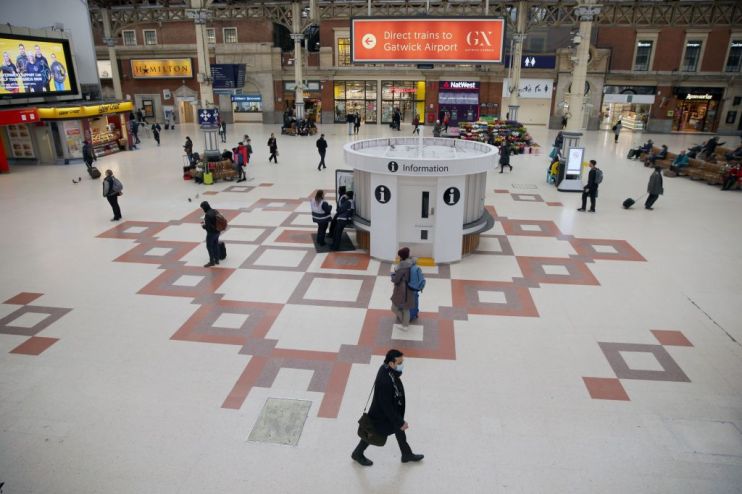Coronavirus bill: Government outlines emergency powers to curb coronavirus outbreak

Doctors and police officers will be handed sweeping powers to detain people suspected of being infected with Covid-19, as part of measures being brought in with emergency legislation.
According to the nearly 330-page Coronavirus Bill published this afternoon, a single doctor may be able to “impose such requirements and restrictions on the person as the [public health] officer considers necessary and proportionate”, including restricting an individual’s movements and contact with others.
Officers can also force people suspected of being infectious to a testing and assessment centre, and compel people to be tested for the virus.
“If the person absconds… a constable [can respond by] taking the person into custody and returning them to that place or another place a public health officer may specify,” the Coronavirus Bill reads.
Separately, producers and others involved in the food supply chain will be force to tell the government when supplies are running low.
The bill states that anyone working in food supply chain must inform authorities if “the whole or part of a food supply chain is being disrupted or is at risk of disruption”.
Failure to do so, or providing false or misleading information, could led to financial penalties.
As expected, the bill also gives the government the power to order schools to be shut – rather than simply recommend that they do so.
The powers granted under the Coronavirus Bill, which is being fast-tracked so it can pass through parliament before recess next week, will last for two years. However ministers can shorten, or lengthen, this period by six months.
More to follow.